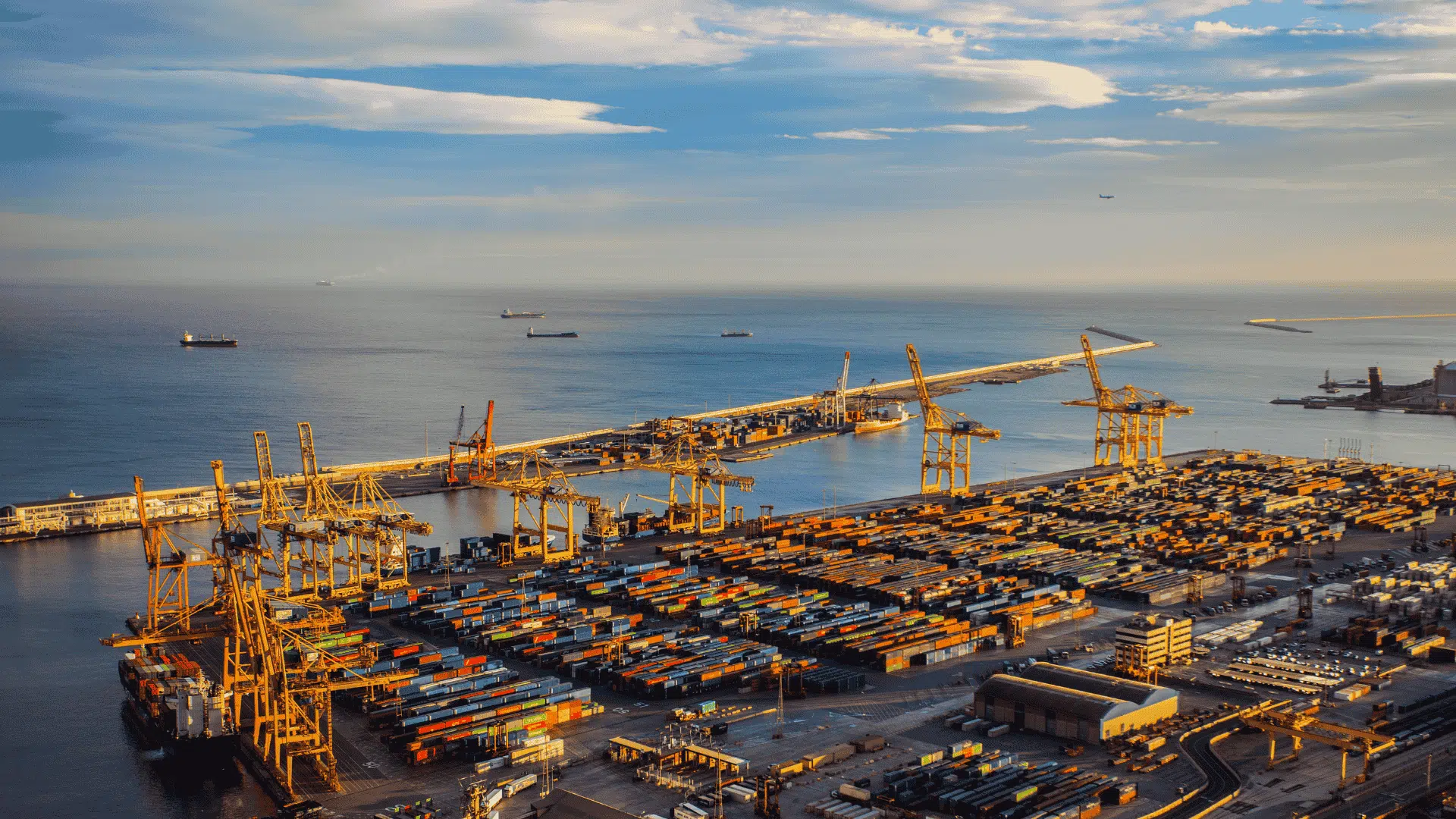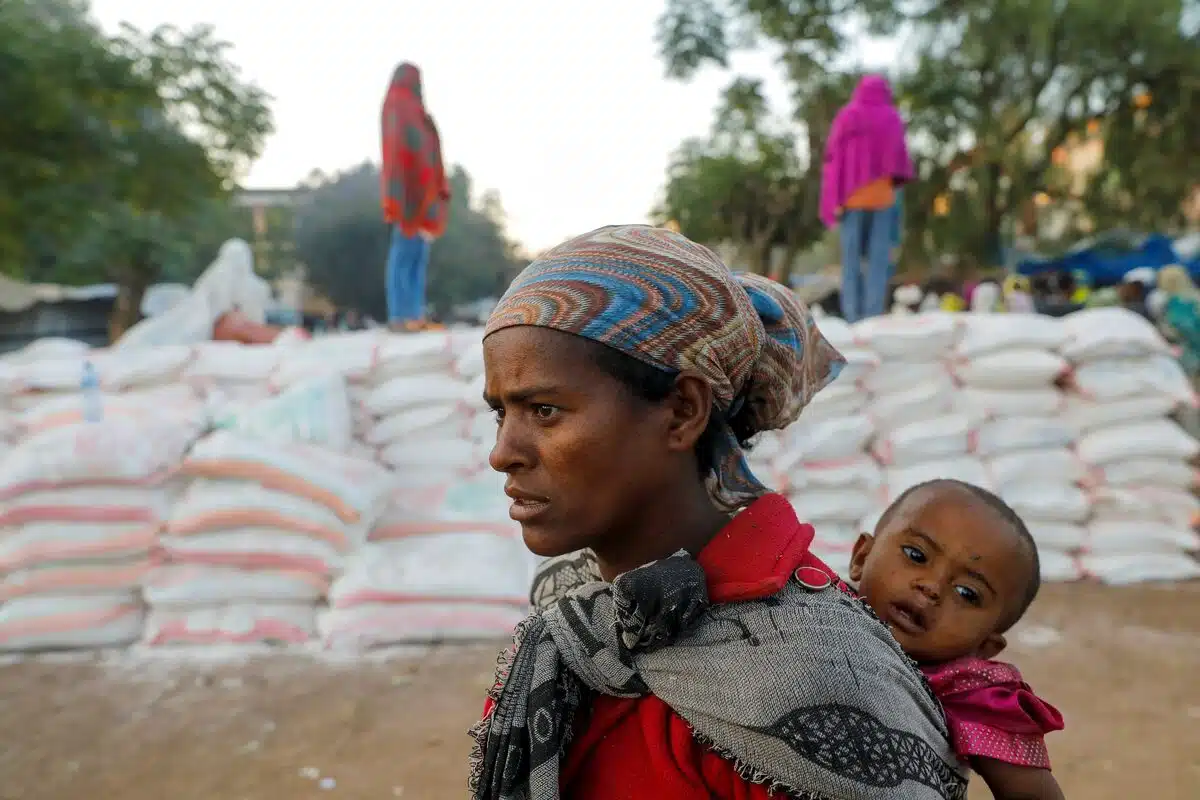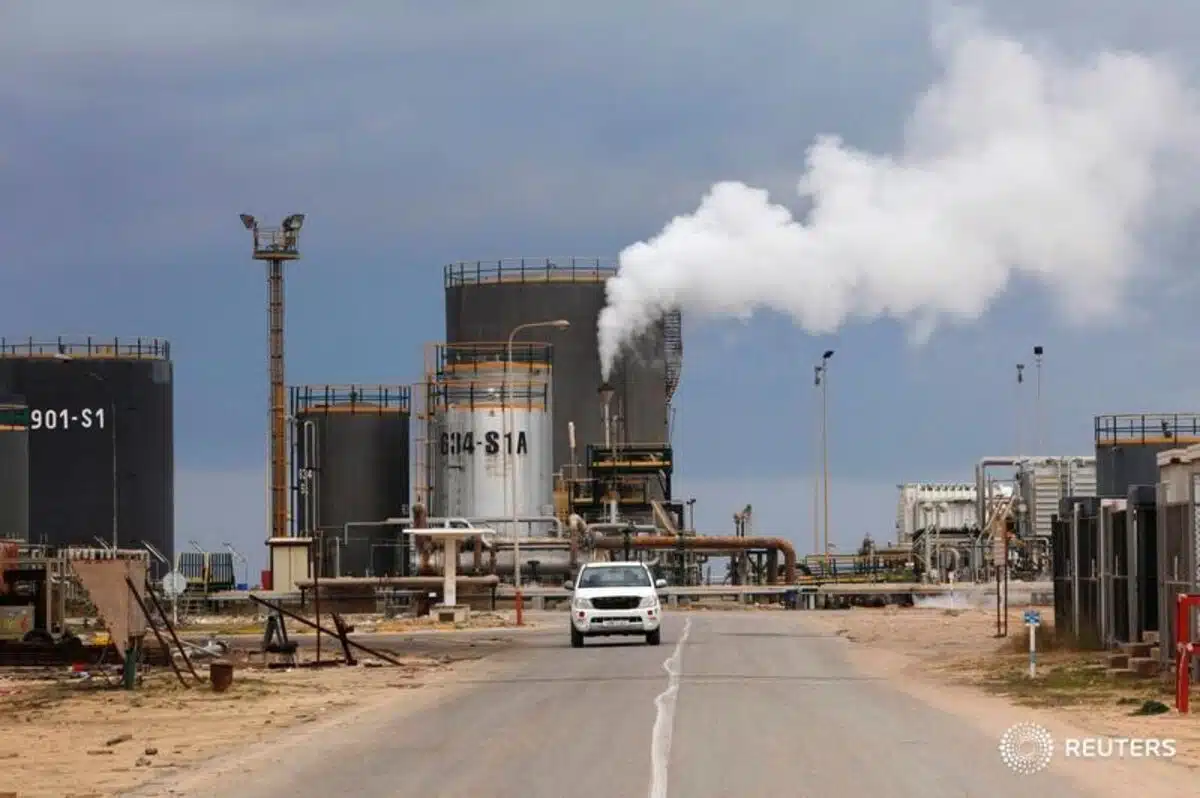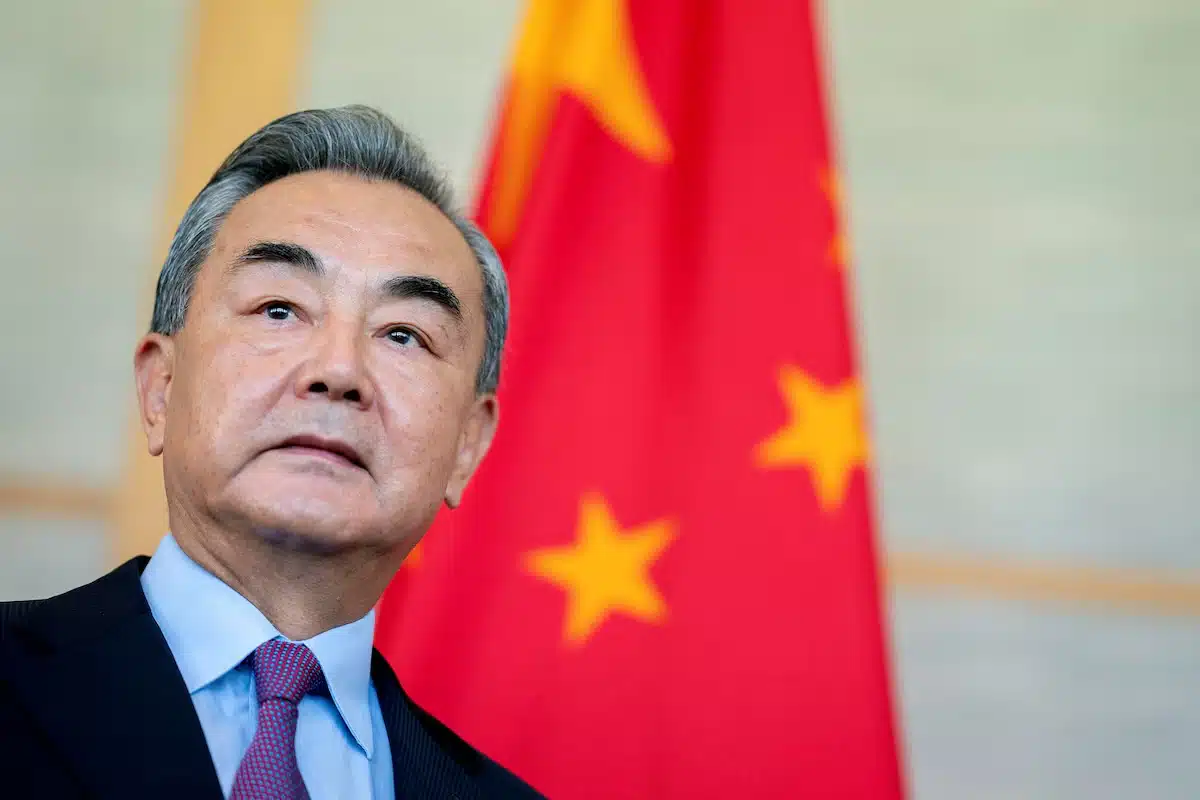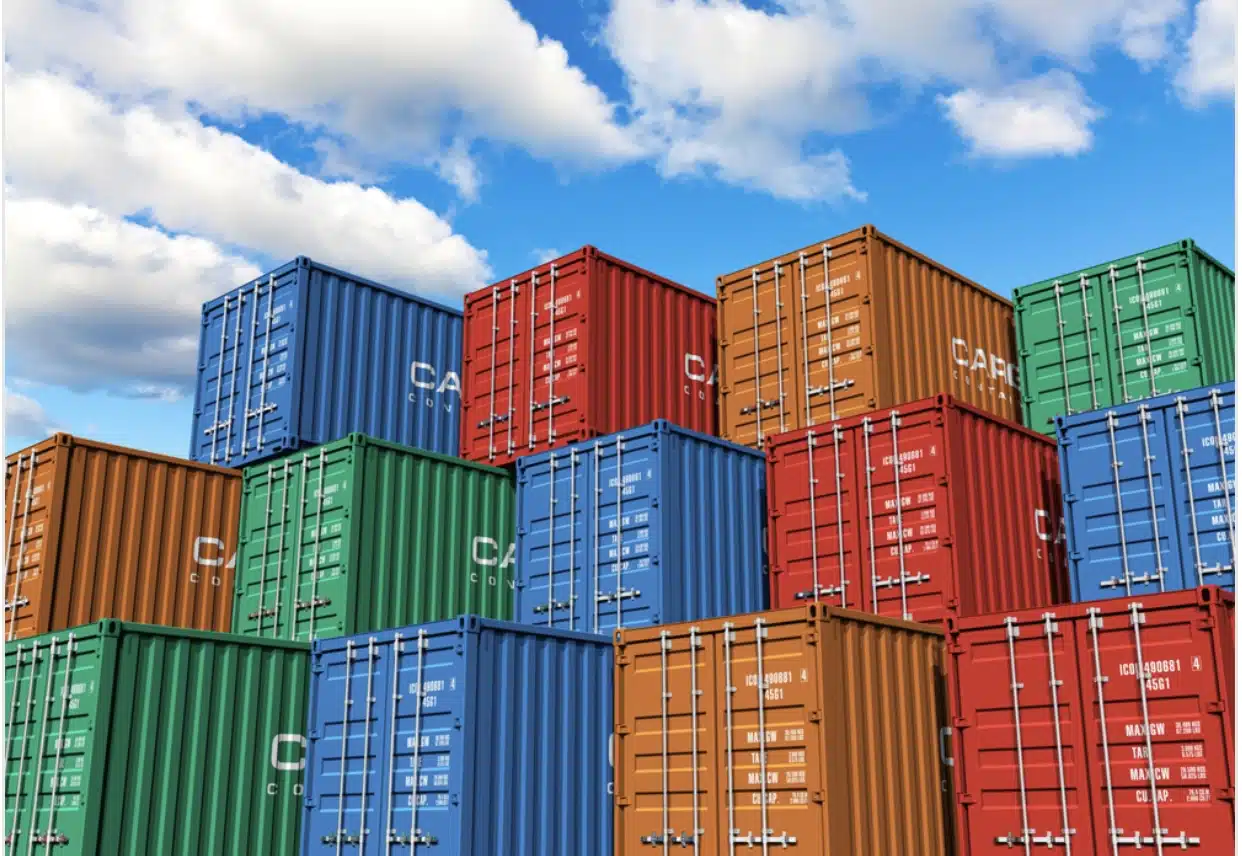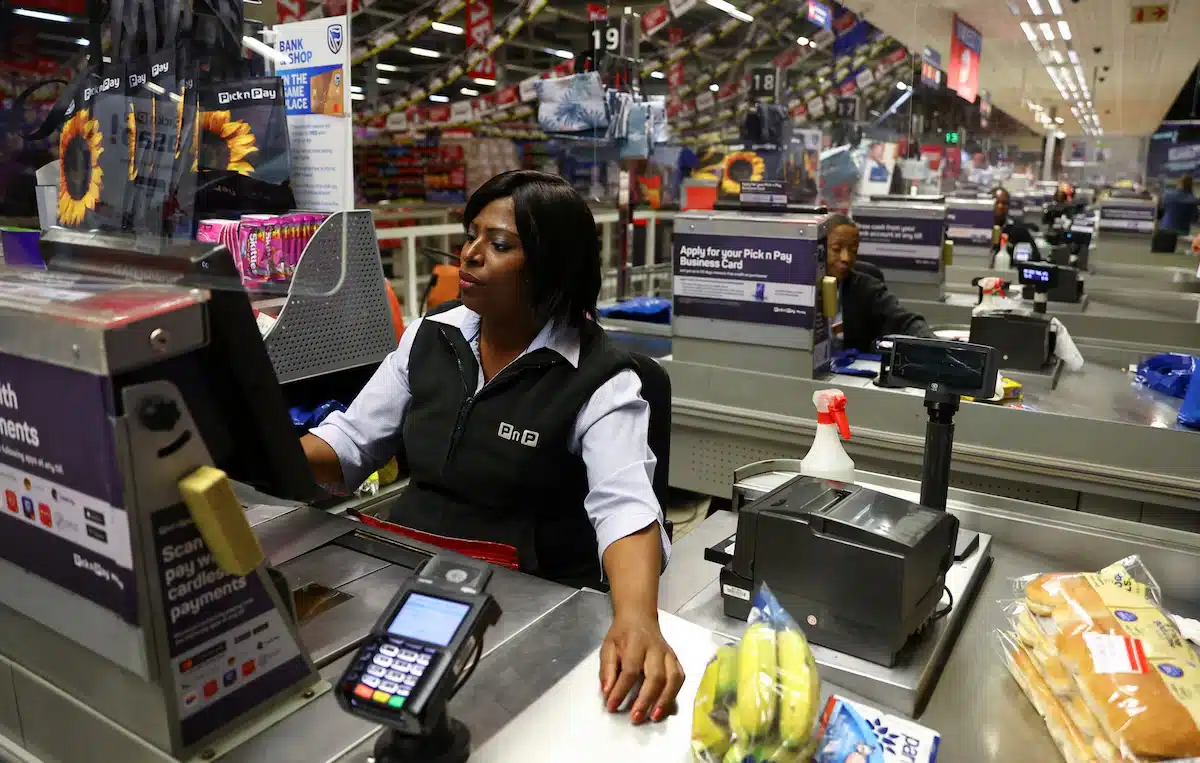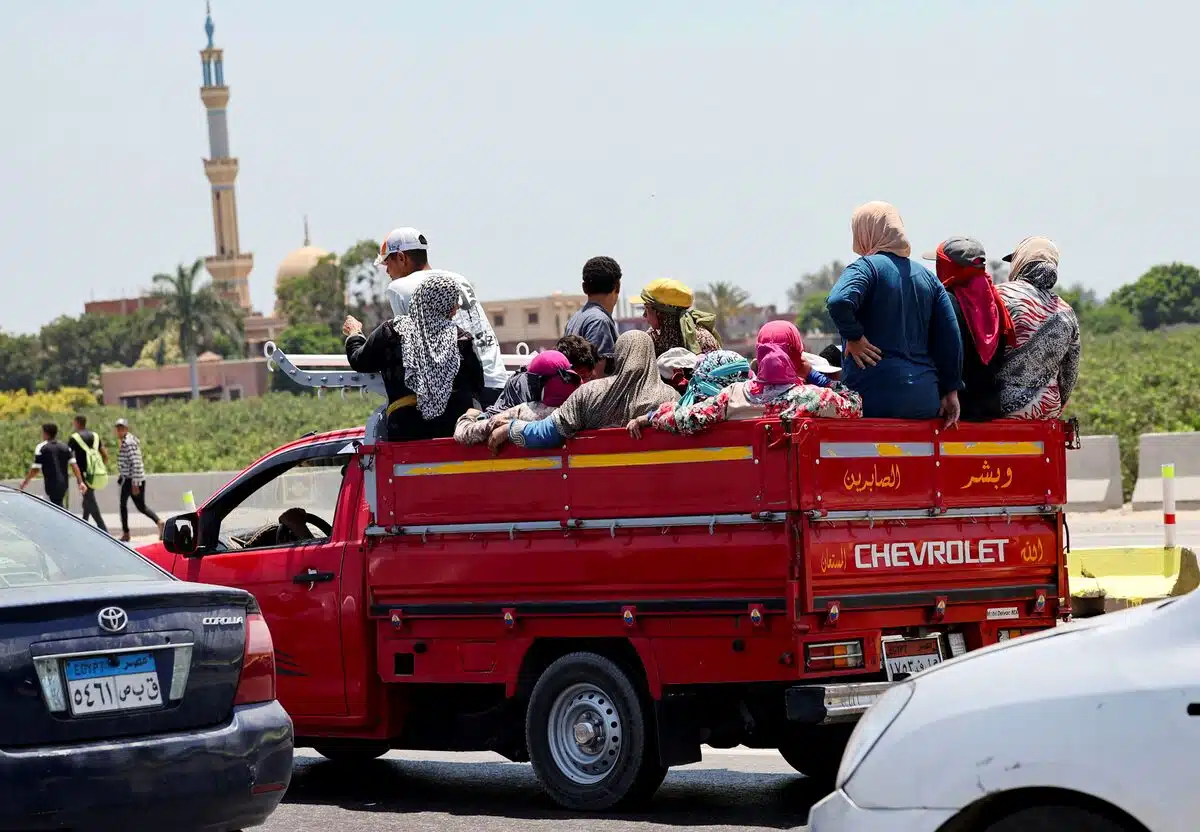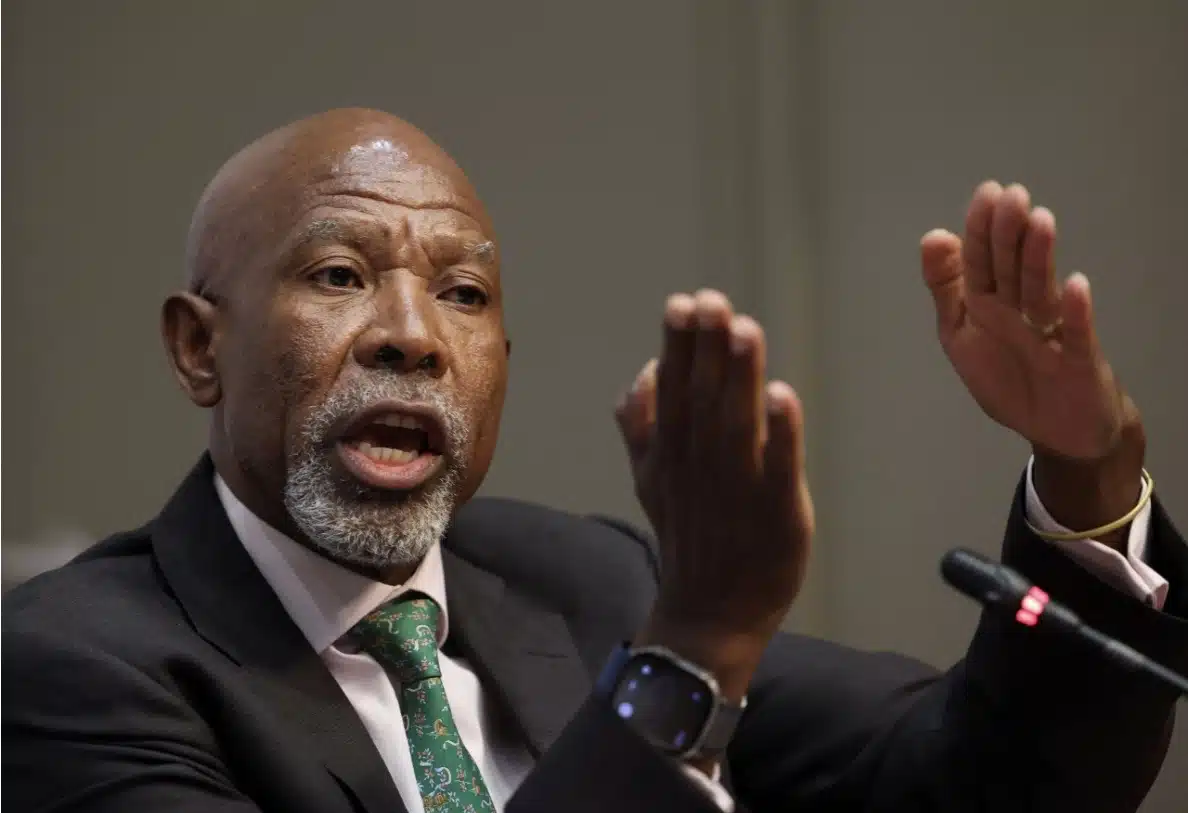South Africa, one of the biggest economies in Africa, has requested more time to negotiate a trade deal with the US government before the 30% tariff hike on its exports takes effect on July 9, 2025, the country’s trade ministry said on Tuesday.
US president, Donald Trump, announced the higher tariffs on the country’s imports from South Africa on April 2 as part of his global “reciprocal” tariff strategy, which targets countries he says do not offer fair access to American goods.
However, his administration, on April 9, paused the measures for 90 days to give room for negotiations.
Pretoria, the administrative capital of South Africa, is hoping to use the extension to secure a deal that will exempt some of its key exports to America—particularly autos, auto parts, steel and aluminium. In exchange, it has offered to purchase liquefied natural gas (LNG) from the U.S.
The South African government is also pushing for a worst-case cap of 10% on tariffs if the exemptions are not granted, the Department of Trade, Industry and Competition said in a recent statement.
During a meeting held last week between South African officials and Assistant U.S. Trade Representative for Africa, Connie Hamilton, Washington disclosed that is developing a standard template to guide future trade discussions with African nations, the statement noted.
“In view of this development…, African countries, including South Africa, have advocated for the extension of the 90-day deadline to enable countries to prepare their proposed deals in accordance with the new template,” it said.
The US is South Africa’s second-largest bilateral trading partner after China. In addition to automotive and industrial goods, South Africa exports a variety of agricultural products to the U.S., including citrus fruits.
Officials have warned that about 35,000 jobs in the country’s citrus industry are at risk if the tariffs are applied.
President Cyril Ramaphosa first presented the proposed trade offer during his visit to the White House in May.
That meeting was overshadowed by Trump’s controversial claim of a “genocide” against white South Africans—a claim the U.S. president reportedly raised directly with Ramaphosa.
Despite the tension, the South African leader later said the two sides held constructive discussions.
“We urge South African industry to exercise strategic patience and not take decisions in haste, and that government will continue to use every avenue to engage the U.S. government to find amicable solutions,” said Trade minister Parks Tau.

